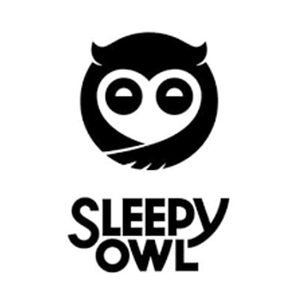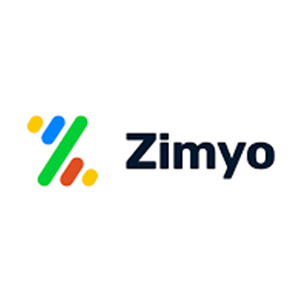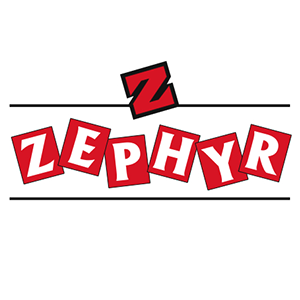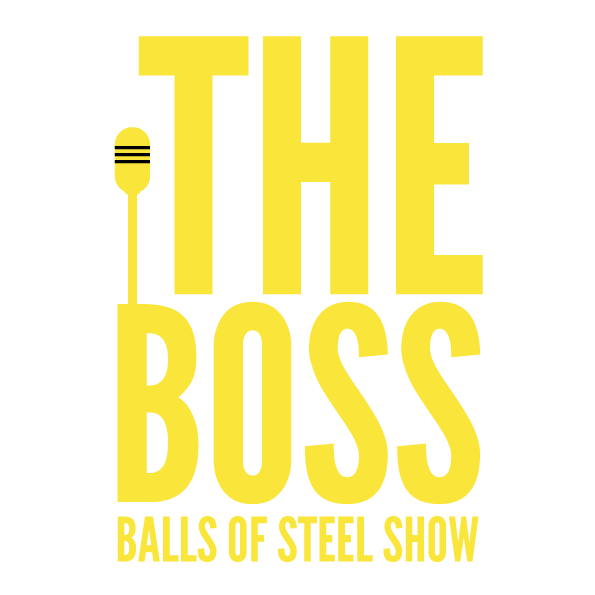What’s The BOSS?
THE BALLS OF STEEL SHOW
A bridge between Podcasters and Advertisers
With us, podcasters can monetise their content through advertisments and advertisers can amplify their brands on podcasts.
Our Brand Collabs
Emerging brands we work with












Our Content House
A Young Entrepreneur Turning Dreams Into Reality With Plus1 ...

Feature article

4min
3 weeks ago
Arushi Singh
Kickstarting Asia’s Largest Organic E-Marketplace, Abhijit and Neha are Helping Consum...

Podcast story
Retail
e-commerce
3 days ago
Parul Sharma

PodBlog
What are Podcast Directories and How To Get Listed On Spotify And Apple ...
1 month ago
Tarika Chavali

4min

PodBlog
Are Podcasts Set to Rule the World?
1 month ago
Tarika Chavali

4min
CONTENT MICROSITE
Explore the unheard and unknown stories on The BOSS content house
The microsite hosts barrels of knowledge juice in the form of Podcast stories, Feature articles and PodBlogs!

Detailed summary of episodes
along with audio snippets
Podcast Stories

Podcast-related blogs aimed at
speading awareness
PodBlogs

Articles featuring valuable insights
into business journeys
Feature Articles
Visit Content House
What We Provide
There’s immense value for everyone!

For Advertiser
Someone who’s willing to advertise their business on a renowned podcast to increase reach
Services included:

Annual podcast show

Podcast advertising

Social Media marketing
and many more...
Learn more

For Podcaster
A podcaster who’s willing to monetise their podcast by featuring paid ads
Services included:

Podcast monetisation

Paid guests

Podcast editing packages
and many more...
Learn more

For Content Consumer
Everyone can leverage our microsite which hosts some amazing podcast value bombs
What to consume:
Podcast Stories
Featured Articles
PodBlogs
Visit site
